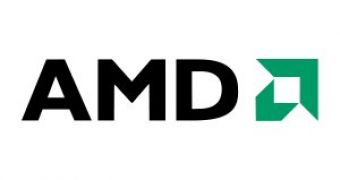Intel may still have no problem with Moore's Law, but Advanced Micro Devices found that the advantages enabled by more advanced manufacturing process technologies aren't as obvious as a few years ago.
Normally, a new manufacturing node (40nm, 32nm, 28nm, etc.) is introduced once every 18 to 24 months.
Intel has diligently been maintaining this trend, but that is only because it produces enough chips that it can cover development costs.
AMD thinks it's time for a change of tune, though, so it means to try and improve existing technologies instead of waiting until the newer nodes mature.
The Sunnyvale, California-based company's CEO Rory Read even believes that the semiconductor market, as a whole, will need to change as high process technology development costs are rapidly nearing the point where higher CPU prices will be inevitable.
For example, while AMD will inevitably adopt 20nm and 14nm chips eventually, it won't stick to the same adoption schedule as Intel.
It also expects foundries (Globalfoundries) to change their process pricing, otherwise fabless chip makers won't afford to call on their services.
Lower processor prices are one of the advantages AMD tries to hold over Intel's units, but this may no longer be possible at the current rate of chip technology progress.
“Now, let's talk about 20nm and 14nm. I think that we really flying hard in the path of subatomic environments. The price advantages as we move down nodes are starting to wane,” said Rory Read, chief executive officer of AMD, during IT Supply Chain conference organized by Raymond James.
“The ability to [quickly improve] yields and ramp up our products (which have fixed amount of time) is under exceptional pressure. It costs huge amounts of money. I think we have to be strategic and think about how quickly we go down the node.”
All in all, AMD may slow down the rate of jumping to smaller nodes lest it need to sooner charge its customers more.

 14 DAY TRIAL //
14 DAY TRIAL //